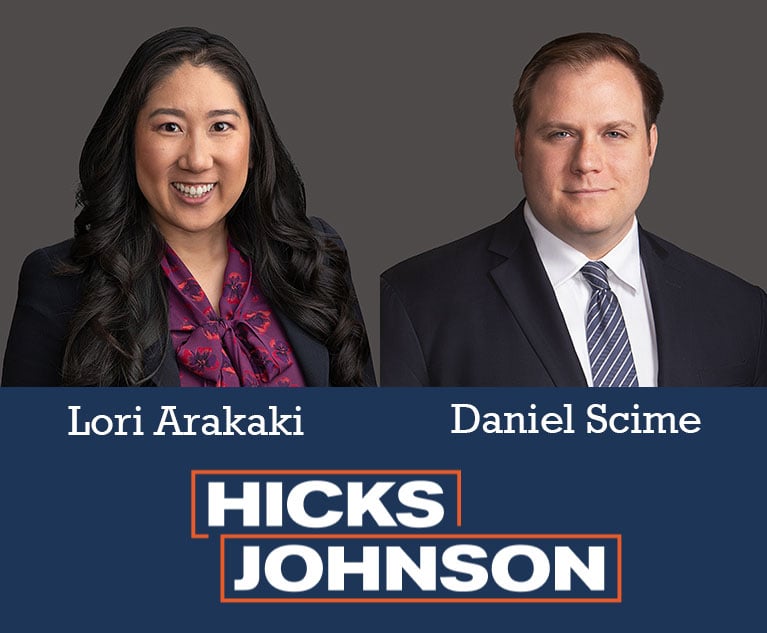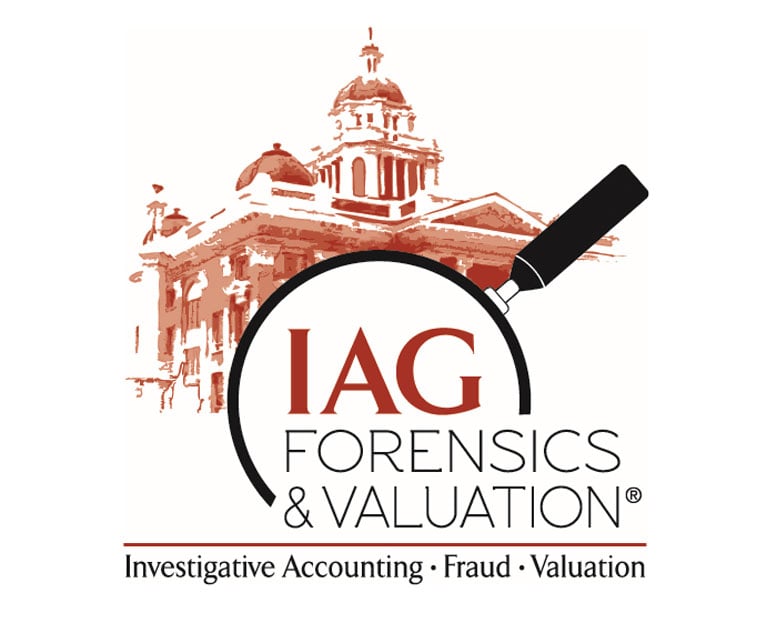43. A Legal Assignment Is Just One Person With a Problem Asking Another Person for Help
If there's one thing we could do to improve the mental health and well-being of the legal profession as a whole, what would it be? The answer, we suggest, is empathy. In other words, to see the profession at a people level and reframe client service around empathy and human values.
March 22, 2024 at 11:39 AM
3 minute read
The original version of this story was published on Lean Adviser
The previous lesson discussed the story of the Pinsent Masons partner who passed away due to complications of an "acute mental crisis." She was not the first, and unfortunately, likely won't be the last. After the shock of such a tragedy comes the finger pointing. Some say that clients are the root cause of the mental health crisis in our industry. After all, it is they who are willing to pay such a high price for the service that they can then demand the impossible from those performing it. Some blamed law firm culture, while others took aim only at Pinsents for a host of reasons, including their response.
Some argue that the problem starts with law schools which, they note, turn out our future lawyers with enormous student debt, excellent knowledge of what the law is, but very little ability to practice it. Then along came a hypothesis which says the fault lies with the lawyers' psyche, in how they value themselves, and treat all-nighters as a badge of honor.
It's a vital discussion, and there is some truth in all the commentaries. But for all the column inches, there are no real solutions or cures. This is why, in the previous lesson, we reached out to lawyers and asked the direct question: Why don't you just turn the work away? Or at least negotiate the deadline?
It's in the interests of the client, the assignment — and most of all yourself — to say that you don't have capacity to do this job, by this deadline, at this time. If enough people were to say no, there would be a "Not Me Too" movement.
This lesson takes a holistic view, and asks this question: If there's one thing we could do to improve the mental health and well-being of the legal profession as a whole, what would it be?
The answer, we suggest, is empathy. In other words, to see the profession at a people level and reframe client service around empathy and human values. Empathy could — and should — inform the entire attorney client experience. It may be the business of law, but in the end, an assignment is just one person with a problem asking another person for help. As the client and lawyer take the journey together to solve the problem, they just need to look out for each other.
We have a Lean Adviser white paper called "Reframing The 3-Sided Market to Improve Working Wellness." This argues that there is a way to reframe the profession so it works for clients and is healthy and sustainable for lawyers. It starts by dismantling the notion that we operate in a 2-sided market: clients and lawyers. Properly analyzed, there are 3 core elements:
- Clients who have problems to solve;
- Lawyers who exist to solve the problems (and enjoy doing so); and
- Law firms who supply the lawyers to the clients as a business.
This is critical to understanding where the disconnects are. But what does this have to do with working wellness? Everything. The key to addressing the mental health crisis is to understand the disconnects, and then repair them.
The White Paper gets to our purpose as lawyers, how we value ourselves, and then takes a look at the things we weren't warned about when we signed up, and at the human cost of being a lawyer.
It concludes with a 12-point checklist for law firm leaders interested in reframing their relationships with their own lawyers and their clients. Contact Steve Salkin here for your free copy.
NOT FOR REPRINT
© 2025 ALM Global, LLC, All Rights Reserved. Request academic re-use from www.copyright.com. All other uses, submit a request to [email protected]. For more information visit Asset & Logo Licensing.
You Might Like
View All
Longtime AOC Director Glenn Grant to Step Down, Assignment Judge to Take Over
4 minute read
Hours After Trump Takes Office, Democratic AGs Target Birthright Citizenship Order
4 minute read
Hicks Johnson Promotes Lori Arakaki and Daniel Scime to Firm Partnership
2 minute read
IAG Forensics & Valuation is excited to announce promotions at our firm effective 1/1/2025.
1 minute readLaw Firms Mentioned
Trending Stories
Who Got The Work
J. Brugh Lower of Gibbons has entered an appearance for industrial equipment supplier Devco Corporation in a pending trademark infringement lawsuit. The suit, accusing the defendant of selling knock-off Graco products, was filed Dec. 18 in New Jersey District Court by Rivkin Radler on behalf of Graco Inc. and Graco Minnesota. The case, assigned to U.S. District Judge Zahid N. Quraishi, is 3:24-cv-11294, Graco Inc. et al v. Devco Corporation.
Who Got The Work
Rebecca Maller-Stein and Kent A. Yalowitz of Arnold & Porter Kaye Scholer have entered their appearances for Hanaco Venture Capital and its executives, Lior Prosor and David Frankel, in a pending securities lawsuit. The action, filed on Dec. 24 in New York Southern District Court by Zell, Aron & Co. on behalf of Goldeneye Advisors, accuses the defendants of negligently and fraudulently managing the plaintiff's $1 million investment. The case, assigned to U.S. District Judge Vernon S. Broderick, is 1:24-cv-09918, Goldeneye Advisors, LLC v. Hanaco Venture Capital, Ltd. et al.
Who Got The Work
Attorneys from A&O Shearman has stepped in as defense counsel for Toronto-Dominion Bank and other defendants in a pending securities class action. The suit, filed Dec. 11 in New York Southern District Court by Bleichmar Fonti & Auld, accuses the defendants of concealing the bank's 'pervasive' deficiencies in regards to its compliance with the Bank Secrecy Act and the quality of its anti-money laundering controls. The case, assigned to U.S. District Judge Arun Subramanian, is 1:24-cv-09445, Gonzalez v. The Toronto-Dominion Bank et al.
Who Got The Work
Crown Castle International, a Pennsylvania company providing shared communications infrastructure, has turned to Luke D. Wolf of Gordon Rees Scully Mansukhani to fend off a pending breach-of-contract lawsuit. The court action, filed Nov. 25 in Michigan Eastern District Court by Hooper Hathaway PC on behalf of The Town Residences LLC, accuses Crown Castle of failing to transfer approximately $30,000 in utility payments from T-Mobile in breach of a roof-top lease and assignment agreement. The case, assigned to U.S. District Judge Susan K. Declercq, is 2:24-cv-13131, The Town Residences LLC v. T-Mobile US, Inc. et al.
Who Got The Work
Wilfred P. Coronato and Daniel M. Schwartz of McCarter & English have stepped in as defense counsel to Electrolux Home Products Inc. in a pending product liability lawsuit. The court action, filed Nov. 26 in New York Eastern District Court by Poulos Lopiccolo PC and Nagel Rice LLP on behalf of David Stern, alleges that the defendant's refrigerators’ drawers and shelving repeatedly break and fall apart within months after purchase. The case, assigned to U.S. District Judge Joan M. Azrack, is 2:24-cv-08204, Stern v. Electrolux Home Products, Inc.
Featured Firms
Law Offices of Gary Martin Hays & Associates, P.C.
(470) 294-1674
Law Offices of Mark E. Salomone
(857) 444-6468
Smith & Hassler
(713) 739-1250








